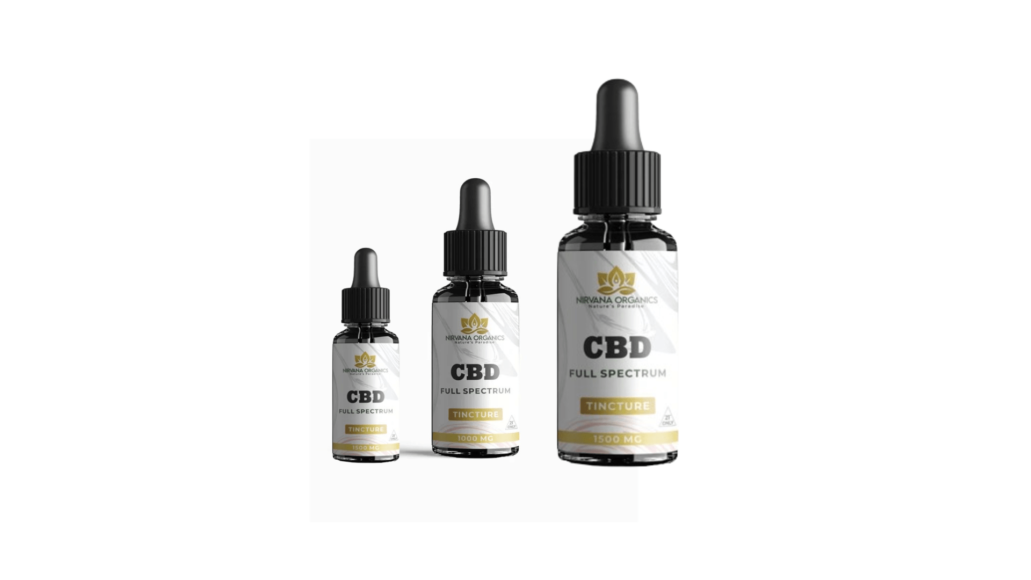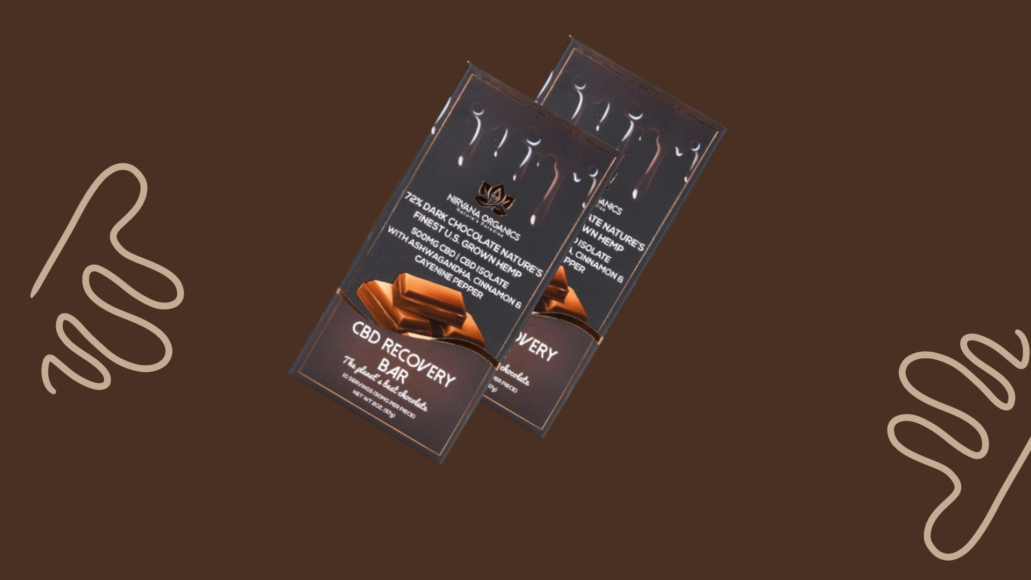The CBD-THC Conundrum: Exploring the Effects of High CBD Dosages
CBD Attracts and Does No Harm
The cannabis plant contains over a hundred cannabinoids, some of which are still not well understood in terms of their effects on the human body. Among the most commonly discussed cannabinoids are CBD, CBG, CBN, THC, and more recently, HHC. These cannabinoids have various relationships and interactions with each other.
CBD, or cannabidiol, stands out because of its potential positive effects. Both CBD and THC are extracted from cannabis and interact with the body’s endocannabinoid system, but they have distinct properties.
THC, or tetrahydrocannabinol, binds to the CB1 receptor in the brain, producing feelings of euphoria or being “high”. In contrast, CBD doesn’t cause psychoactive effects and actually inhibits the effects of THC. This means CBD can potentially counteract some of the psychoactive effects of THC, making it appealing for those seeking therapeutic benefits without experiencing a “high”.
CBD dosage is quite specific and depends on factors like the number of drops and the concentration of the oil. CBD can be taken in various forms such as capsules, candies, or flowers.
CBD is legal in many places, and studies consistently confirm its safety even with long-term use. CBD has different effects and it may require different amounts of CBD, but typically doses are in the lower tens of milligrams.

In surprising research findings, experts administered doses of up to 1500 mg of CBD to patients. Most participants didn’t feel intoxicated despite the high dose, but they experienced understandable effects on the mind, such as a slight decrease in energy and a strong urge to sleep. However, these effects usually faded within a few hours, and there were no negative side effects that impaired bodily functioning.
THC, CBD, and a head in the clouds
CBD works in many ways similar to THC, but the main difference lies in psychoactivity. THC is renowned for its psychoactive effects, while cannabidiol (CBD) does not produce such effects. However, in some countries like Andorra, Serbia, Bosnia and Herzegovina, Montenegro, or Belarus, production, transportation, or consumption of CBD can lead to legal issues, with heavy fines or imprisonment possible.
CBD products available on the market typically utilize three types of cannabis extracts: CBD isolate, broad-spectrum extract without THC, and full-spectrum extract containing a range of cannabinoids, including THC. According to the theory of the entourage effect, which suggests that cannabinoids work better together, full-spectrum extract is considered the most potent. However, the THC content in full-spectrum extracts is heavily regulated and usually kept to a minimum, typically between 0.2 and 0.3%. In the Czech Republic, for instance, the maximum permitted THC content in products has been set at 1% since the beginning of 2022. This amount of THC is negligible and unlikely to produce psychoactive effects, even at high doses, such as those used in the research mentioned (1500 mg).
THC Is Not To Blame
In many states, it’s legal to drive motor vehicles after taking CBD, especially at normal doses. However, when taking a high dose like 1500 mg of cannabidiol, THC may show up in a drug test, especially if you’re using full-spectrum CBD products.
This could lead to complications such as loss of employment or driving privileges. It would be challenging to explain that you’ve taken a dose much higher than the normal limit for CBD, feel no negative effects, and that the presence of THC is merely a byproduct of your actions that doesn’t affect you in any way.
It’s important to be mindful of the dosage and type of CBD product you’re using, especially if there’s a possibility of drug testing or legal consequences related to THC presence.
Related posts
A Comprehensive Guide to the Essentials of CBD..
Understanding CBD Recovery Bar Dark Chocolate
What Are CBD Topicals and How Do They Work?
Exploring the Potential of Black Pepper with..
Exploring How Cannabis Consumption Influences..
Understanding Vaporizer Burning and Its Benefits
The products featured on this site have not been evaluated by the Food and Drug Administration. They are not intended to be used for the diagnosis, treatment, prevention, or cure of any medical condition. Nirvana Organics does not make any claims about the benefits of our products. We recommend consulting your physician before using alternative therapies, especially if you are pregnant, nursing, elderly, chronically ill, or taking prescription medications. You must be at least 21 years old to purchase our products. Consumers assume full responsibility for using these offerings appropriately and legally.
We aim to provide truthful information about our offerings. However, our content is not meant as medical advice or instruction. The customer bears responsibility for using all products appropriately and according to the law. Customers should not construe any information here as professional medical advice or prescriptions. We provide general details about our products but do not claim to treat, cure, or prevent diseases. Creating any treatment regimen is a decision between buyers and their qualified Medical practitioners. Per the PACT Act, we follow regulations regarding the shipment of lawful goods.
THC Disclaimer
Our products contain no more than 0.3% Δ9-THC on a dry weight basis, which meets legal requirements. However, Δ9-THC can cause impairment and other side effects. You must avoid these offerings if pregnant or nursing. We also recommend consultation with a medical professional before consuming Δ9-THC. Keep these products away from children or animals. Operating vehicles or other machinery under the influence of Δ9-THC may be illegal and dangerous.

We at Nirvana Organics believe in quality and customer experience.
©2024. shopnirvanaorganics.com. All Rights Reserved.
- Login
- Sign Up








